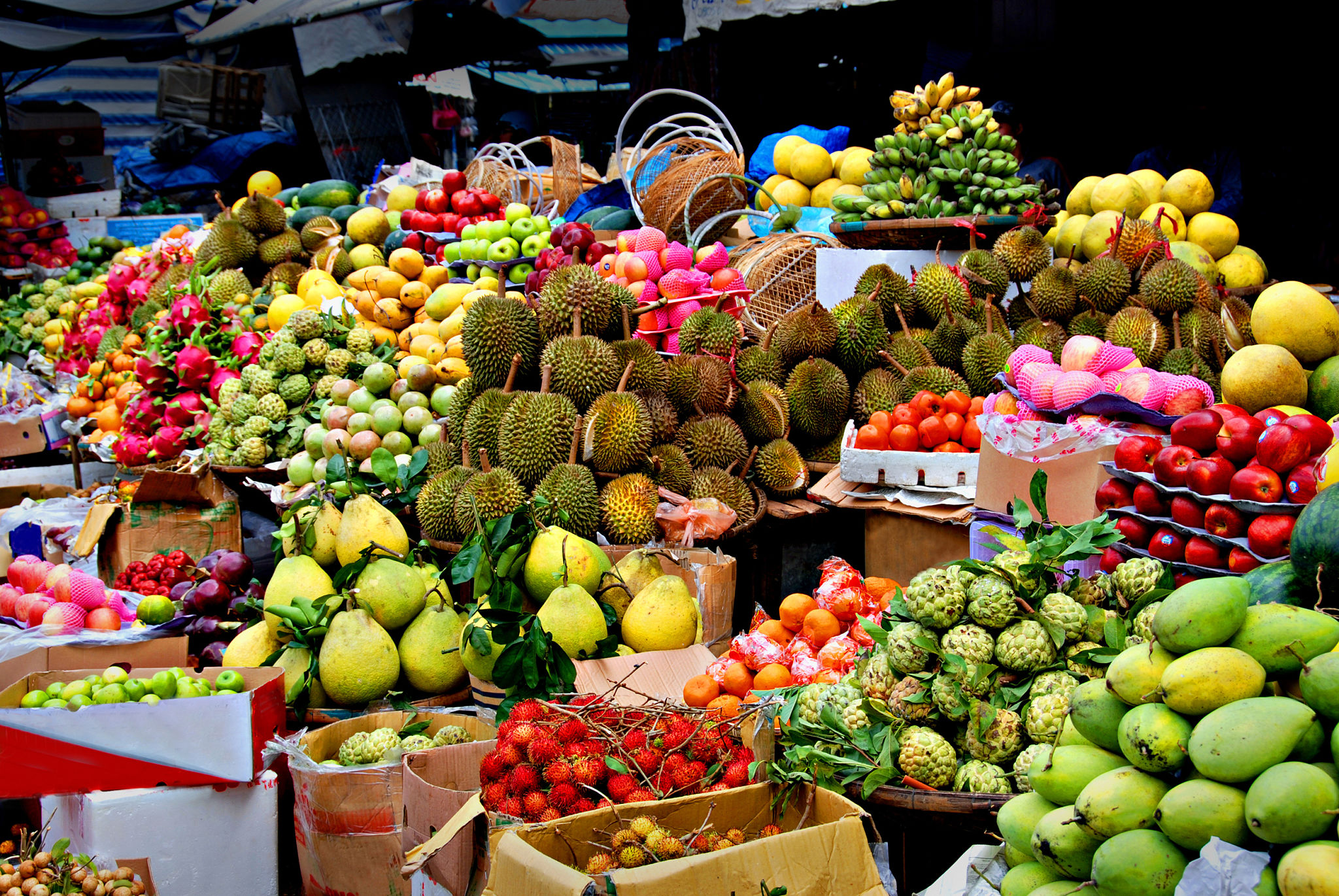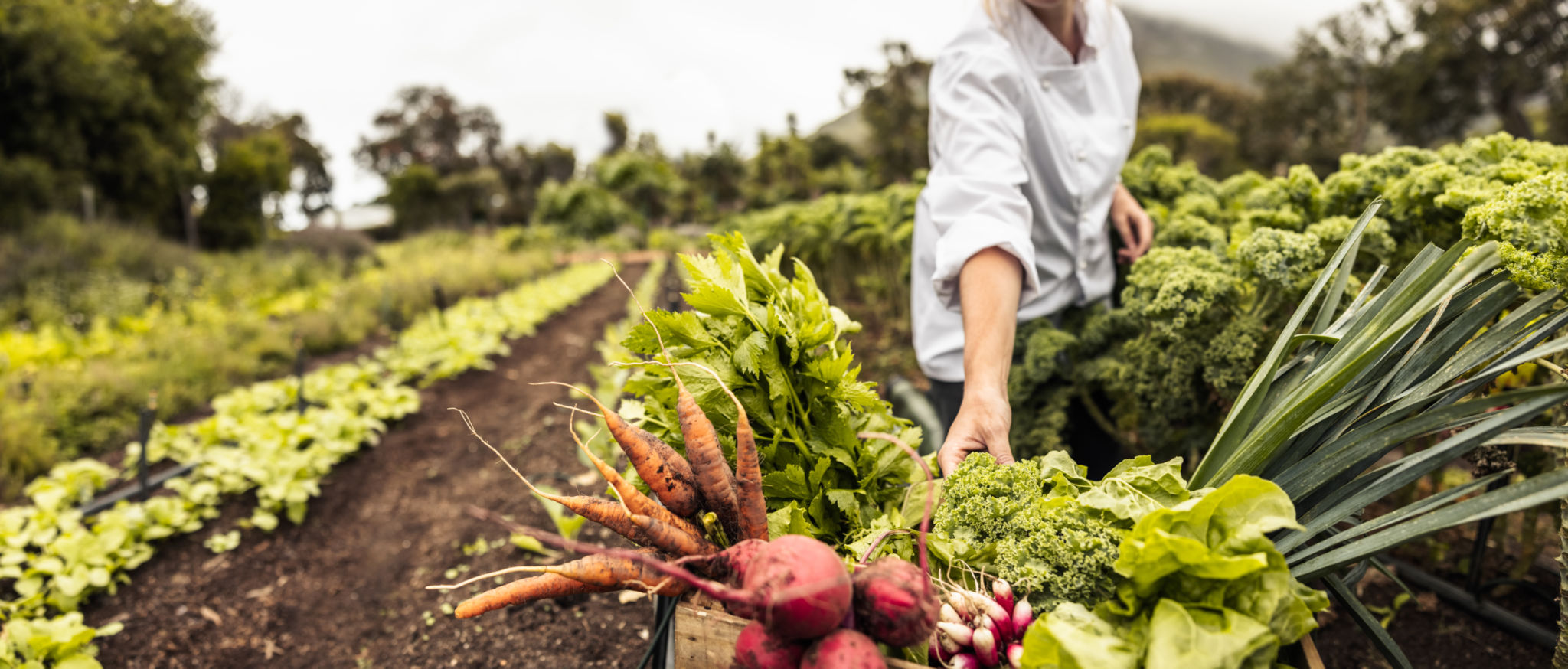The Rising Demand for Organic Fruits in the Middle East: Opportunities and Challenges
Understanding the Surge in Demand
In recent years, the Middle East has witnessed a significant increase in the demand for organic fruits. This demand is driven by a growing awareness of health and wellness among consumers, who are increasingly prioritizing fresh, chemical-free produce. As more individuals become health-conscious, they seek out organic options that promise better nutritional benefits and environmental sustainability.
The shift towards organic produce is also fueled by the region's expanding population and rising income levels, which allow more people to afford premium products. This trend presents both exciting opportunities and considerable challenges for suppliers and retailers aiming to meet consumer expectations.

Opportunities in the Organic Fruit Market
With the burgeoning interest in organic fruits, there are numerous opportunities for businesses to capitalize on this trend. One of the major advantages is the positioning of organic products as premium offerings, which can command higher prices and, consequently, higher profit margins. Retailers that can effectively market the health benefits and environmental impact of organic produce stand to gain a loyal customer base.
Additionally, the Middle East's strategic location offers a logistical advantage for exporting organic fruits to international markets. Countries in the region can leverage their geographical position to become key players in the global organic food supply chain. This not only boosts local economies but also enhances the region's reputation as a hub for high-quality organic produce.

Challenges in Meeting Organic Standards
Despite these opportunities, there are several challenges that must be addressed to sustain the growth of the organic fruit market. One of the primary hurdles is adhering to strict organic certification standards, which can be both costly and time-consuming for farmers. Acquiring these certifications is essential to gain consumer trust and ensure product legitimacy.
Furthermore, the lack of adequate knowledge and expertise among local farmers regarding organic farming practices poses a significant challenge. Without proper training and resources, transitioning from conventional farming methods to organic practices can be daunting. This can lead to inconsistent supply and quality issues that may affect consumer confidence.

The Role of Government and Technology
Governments in the Middle East play a crucial role in supporting the growth of the organic fruit market. By providing subsidies, incentives, and educational programs for farmers, they can help ease the transition to organic farming and encourage more producers to adopt sustainable practices. Government policies that promote research and development in organic agriculture can also drive innovation and improve productivity.
Additionally, technology plays a pivotal role in overcoming challenges related to organic farming. Advanced agricultural technologies such as precision farming, data analytics, and IoT devices can optimize resource use, reduce costs, and improve crop yields. By integrating technology into farming practices, producers can enhance efficiency and ensure a steady supply of high-quality organic fruits.
The Future of Organic Fruits in the Middle East
Looking ahead, the future of organic fruits in the Middle East appears promising but requires strategic efforts from all stakeholders involved. Collaboration between governments, businesses, and consumers is essential to create a robust ecosystem that supports sustainable agriculture. Investing in education and infrastructure will be key to building a resilient supply chain capable of meeting increasing consumer demands.
As awareness continues to grow about the benefits of organic produce, it is likely that more consumers will make informed choices that favor healthier lifestyles. By addressing existing challenges and seizing emerging opportunities, the Middle East region can position itself as a leader in the global organic market.
